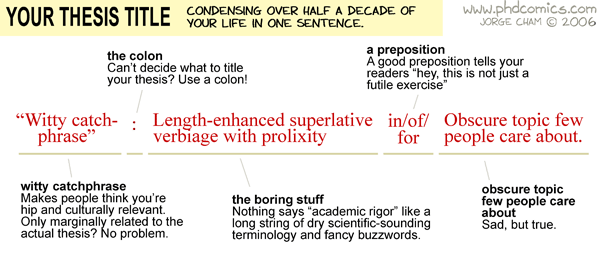Nicole Ellison, Scott Golder, and i are putting together a workshop for the 3rd Annual Communities and Technologies Conference on Public Practices, Social Software: Examining social practices in networked publics. Below is the basic description:
This full-day workshop proposes to bring together researchers interested in studying social software. We use this term loosely to include social network sites (e.g., Cyworld, MySpace, orkut, and Facebook), contemporary online dating services (e.g., Friendster, Spring Street Personals, Match.com), blogging services (e.g., LiveJournal, Xanga, Blogger), tagging tools (e.g. del.icio.us, Digg) and media sharing sites (e.g., YouTube, Flickr). Although the functionality of these sites differs greatly, there are some common features: a user-generated profile, visible linkages between users, public communication forums (such as message boards or comments), and persistent traces of user behavior.
Although we intend to appeal to broad range of researchers, we expect that we will primarily draw the attention of those studying social network sites. At the same time, we recognize that there is a lot of crossover between social network sites and the broader realm of social software. We are hoping that cross-pollination would be helpful to both. While we are aware of and have access to dozens of researchers interested in social network sites, we are not certain of the number of researchers looking at other forms of social software.
If you are interested, please see the workshop homepage for more information on how to apply. Note: the deadline for workshop proposals is April 23, 2007. The workshop will take place at the C&T conference on June 28, 2007.

 I first noticed my bad breathing habits when i went scuba diving. When everyone was ready to emerge, having depleted their tank of air, i still had half a tank left. I also notice that my reaction to someone disrupting me working on my computer is to take a deep breath. Do i breathe when i’m virtual? I certainly don’t remember to eat, pee or blink so i kinda doubt it.
I first noticed my bad breathing habits when i went scuba diving. When everyone was ready to emerge, having depleted their tank of air, i still had half a tank left. I also notice that my reaction to someone disrupting me working on my computer is to take a deep breath. Do i breathe when i’m virtual? I certainly don’t remember to eat, pee or blink so i kinda doubt it.